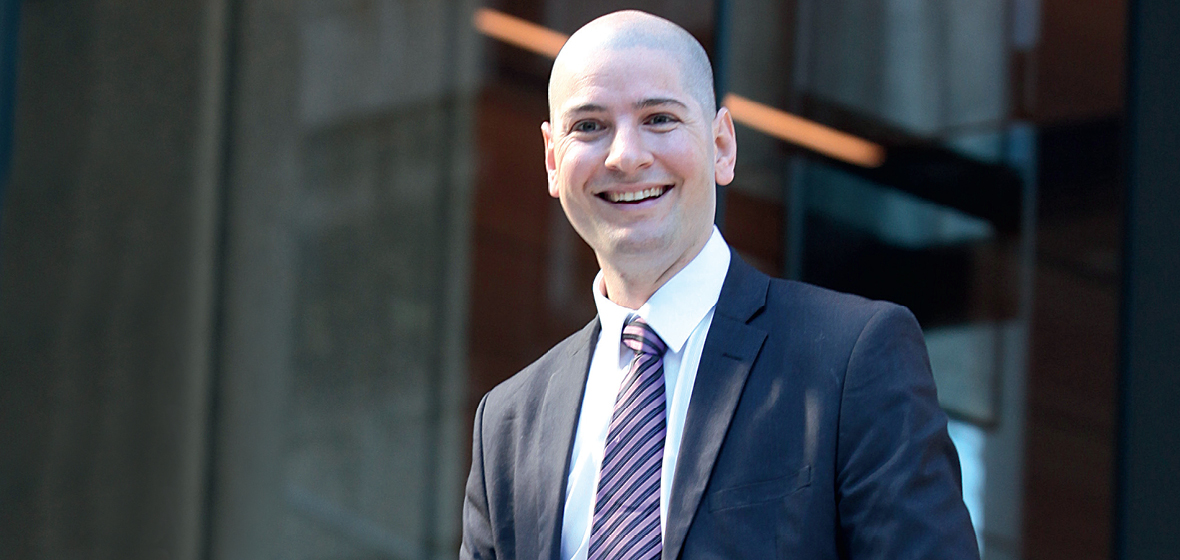As a solicitor, representing a client in front of a jury for the first time can be intimidating. Criminal lawyer Andrew Tiedt, Director of Criminal Law at Armstrong Legal, recently started running his own trials rather than briefing barristers. He tells LSJ why more solicitors should follow suit.
Many people seem to think solicitors cannot or should not run jury trials, and it’s true the vast majority don’t. I’ve been a lawyer for almost 12 years, and I have instructed barristers in many trials.
Last year, I ran a trial at the Parramatta District Court. It was a serious assault matter arising from a road rage incident. My client had been driving on a major highway and there was an interaction between him and another driver.
The other driver attacked my client at a traffic light. The allegation that took the matter to trial was that my client had then assaulted the driver and caused him some serious injuries. We argued my client acted in self-defence.
I agreed to run this trial because the client trusted me, they asked me to run it and I was happy to do it. As with any trial, there was a lot of preparation. In jury trials, your client is often facing imprisonment – potentially a very long imprisonment – if they’re found guilty. It’s a sobering experience.
To me, it’s crucial that you reflect on the importance of what you’re doing for them. I try to always remember that this trial is probably the most important few weeks of that client’s life and that the result will most likely change their life forever. Nothing sharpens the mind like that.
There’s a huge amount you need to know about how trials are run – just as one example, the rules around opening and closing statements. If you say the wrong thing to a jury, you can cause the judge to discharge them. You’ve got to be absolutely rock solid on the law.
Addressing a jury is a very different skill to speaking to a judicial officer. When you’re speaking to a jury, you’re speaking to someone who is most likely not legally trained, who is in a courtroom for perhaps the first time and has no familiarity or involvement with the criminal justice system.
It’s really hard to know what direction the jury will go in, and when the verdict is delivered, it’s just that – a verdict. You don’t know which argument they found convincing, or what evidence they found persuasive, whereas magistrates and judges give reasons for their decisions.
Juries are human. They have human reactions and human tendencies. They’re more likely to understand things on a human level than a legal level, so learning how to address them is a fascinating challenge.
No-one is a perfect advocate. Every magistrate or judge you address, every witness you cross-examine, every jury you address, you learn – if you’re paying attention – and you get better at it. Yet in almost every cross-examination there’s a moment where you think, “I wish I’d asked that question” or “I don’t know why I said that.”
Learning skills as a lawyer and as an advocate is a life-long process. Solicitors shouldn’t be afraid of running trials. Get trial experience as an instructor. Study a lot and prepare thoroughly.
Sometimes, you can do a phenomenal amount of preparation and it’s one tiny portion of that preparation that proves to be crucial. It’s very gratifying to see your work pay off in court.




